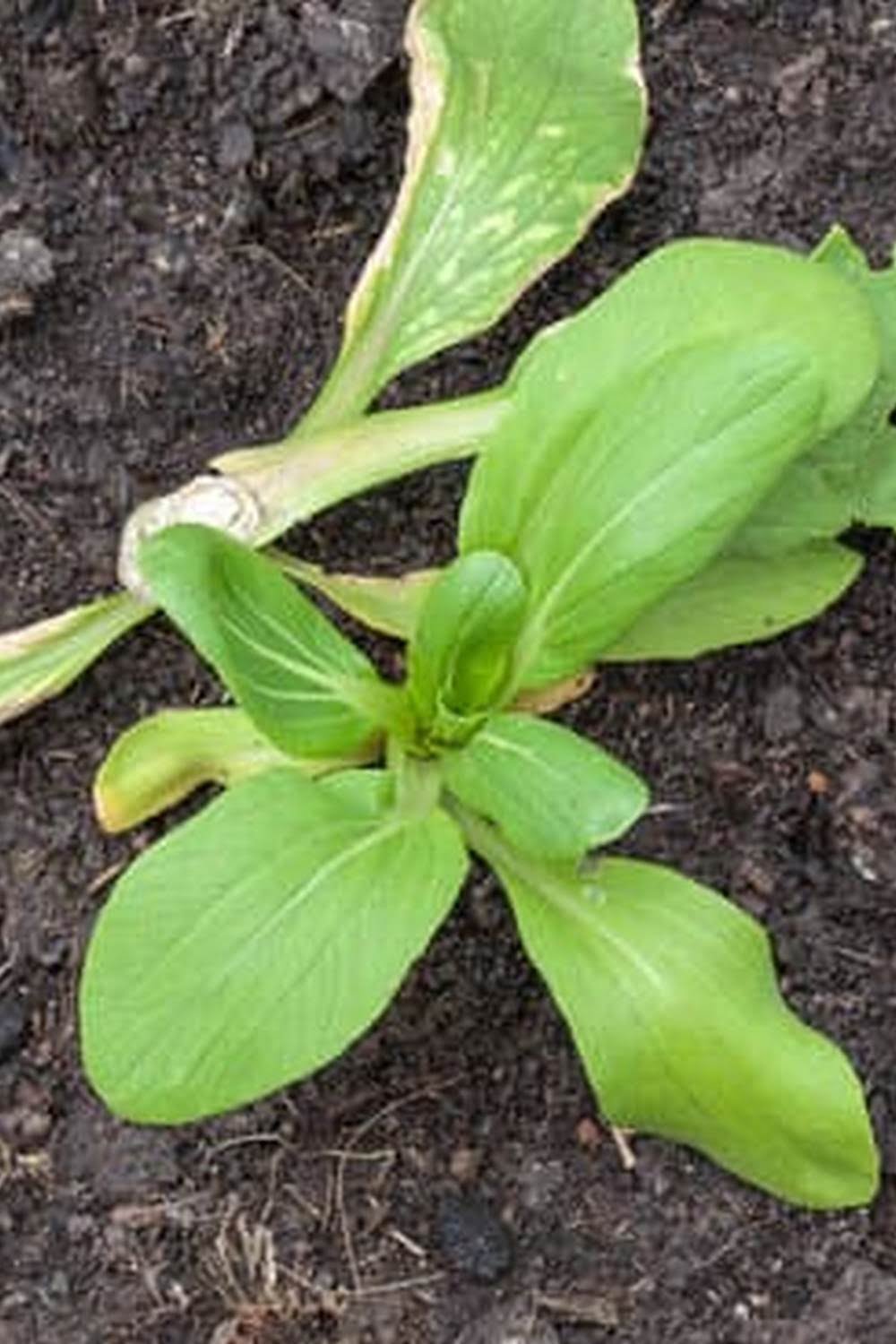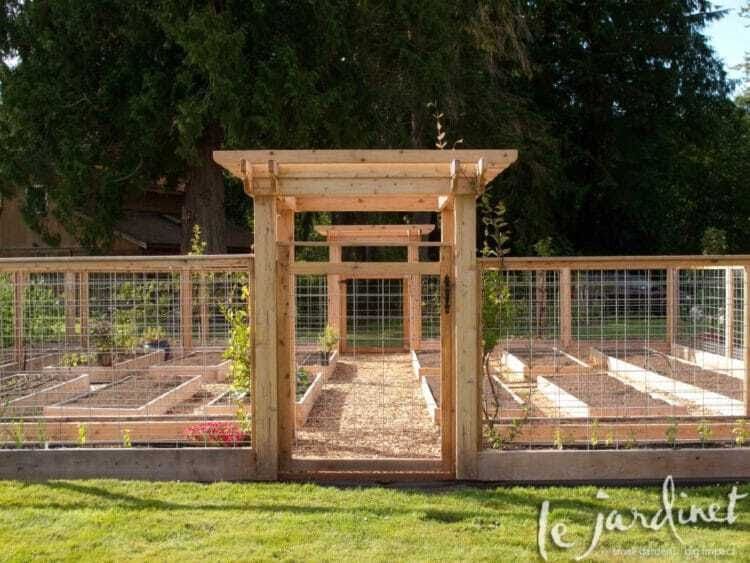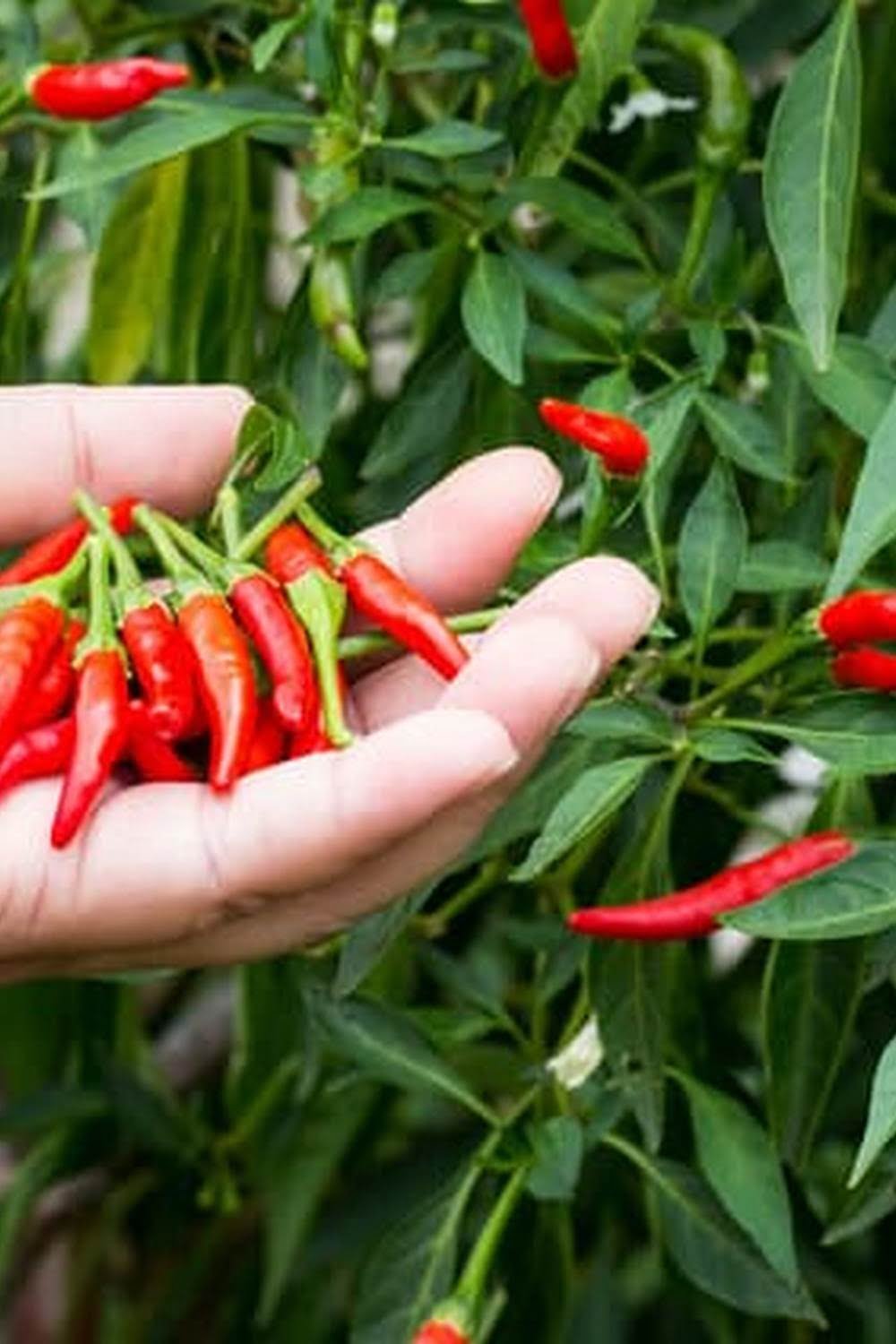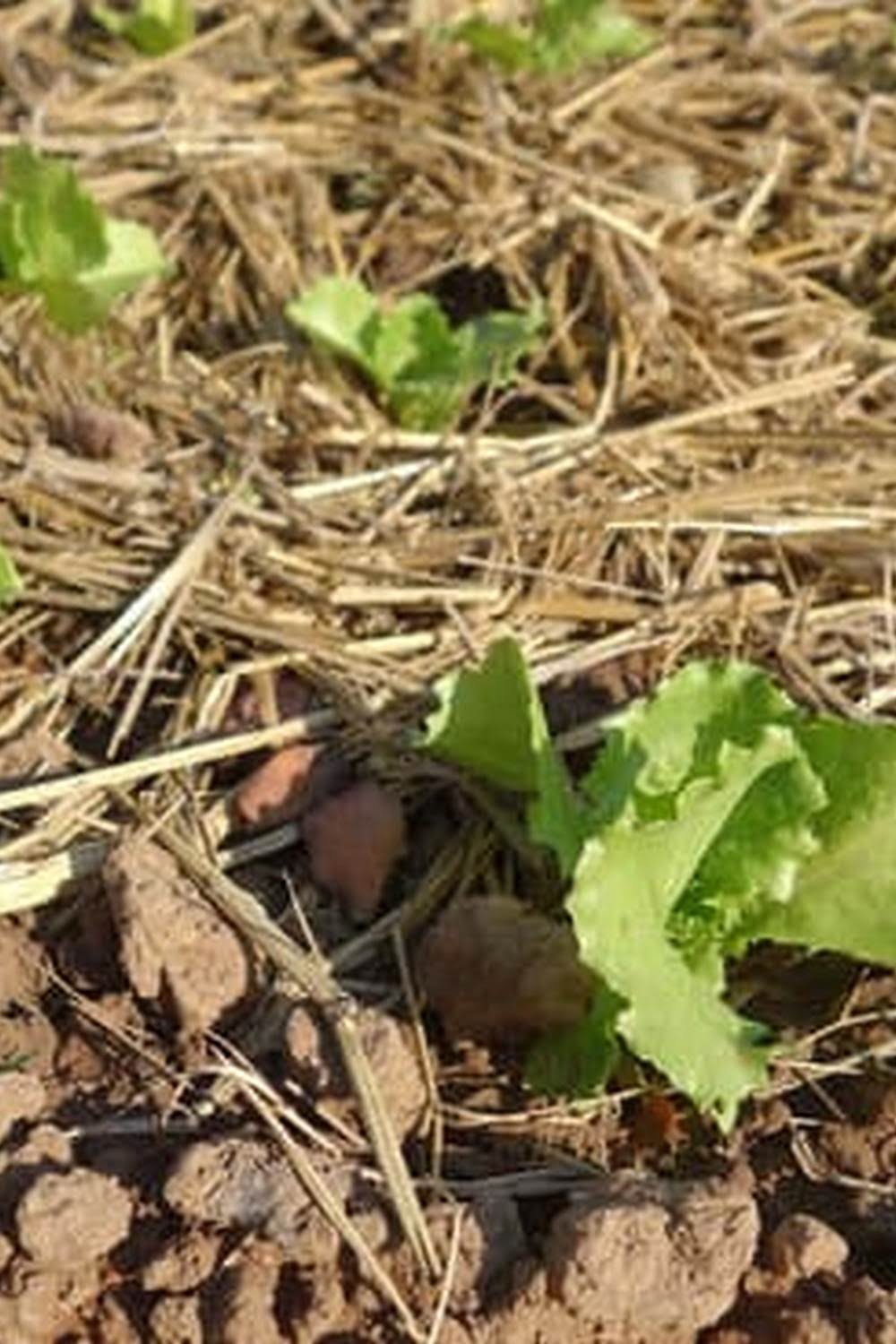Introduction
Starting a vegetable garden is an excellent way to grow fresh, nutrient-rich food and get some much needed physical activity. Comparatively, it’s also quite economical – you can save money on your grocery bill by growing your own produce. While the amount of time and effort you put into it will vary depending on the size and complexity of the garden, many find solace in knowing that it’s possible to create a flourishing harvest with minimal work and cost.
When setting up a vegetable garden, planning ahead is key. You should decide which vegetables you would like to grow, when they should be planted and which type of soil is best. Soil structure, nutrients and pH levels all play an important role in ensuring healthy growth. Different vegetables also require different types of soil — for example, carrots prefer light clay soil while peas do well with sandy loam soil. A good tip is to plan ahead based on the variety of vegetables you’ve chosen; some require more fertilization while others need lots of moisture or drainage. Other factors such as incorporating organic matter into the mix can also be beneficial in increasing fertility and improving air flow throughout your soil. Loamy soils are considered ideal for vegetables due to their ability to provide plenty of necessary nutrients in addition to good drainage capabilities – necessary for certain root vegetables requiring extra water such as potatoes or onions. Whatever type of soil you choose for your vegetable garden, remember that adding compost or other organic matter regularly can help keep your vegetable plants healthy and maintain good structure over time – this will enable them to withstand periods of drought or heavy rain as well as providing an overall environment conducive for optimal growth.
Soil Amendment
One of the most important factors to consider when preparing for a new vegetable garden is the soil amendments you should use. The type of soil amendment you choose can have a huge impact on how well your plants grow and how successful your garden will be overall. It’s essential to invest in quality soil, adding necessary minerals and nutrients to keep your garden healthy in the long term. Compost is a great addition to any veggie garden, as it provides valuable nutrition and microorganisms which enable healthier root development and faster growth. Additionally, steer manure is known to enhance the fertility of your soil while lowering its acidic levels, making it friendlier for plant growth. Moreover, adding organic material such as mulch or wood chips helps to improve water retention, promoting healthier root systems and better moisture management for your plants. With all of these key factors in consideration, investing in top-quality soil amendments will help ensure that your new vegetable garden has everything needed for a lush harvest!
Organic Fertilizers for a Thriving Vegetable Garden
Building a vegetable garden requires finding the right soil for the natural environment. While you can always choose to purchase new, pre-mixed soils, nothing beats creating a blend tailored to your garden’s individual needs. This can be done by working in organic fertilizers and amendments like compost and mulch. Organic fertilizers bring key nutrients to the plants and help support their life cycle. Some common organic fertilizers used in vegetable gardens include animal manure, bone meal, guano, compost tea, fish emulsion, and liquid seaweed. Manure helps improves soil water retention while adding nitrogen; bone meal is great for increasing phosphorous levels without changing pH levels; guano helps with providing slow release nitrogen; compost tea introduces beneficial bacteria into acidic soils; fish emulsion contains micro-nutrients important for plant growth like iron; and liquid seaweed encourages cell division aiding in better nutrient absorption. Working these materials into your soil prior to planting will ensure that your garden is well equipped to support a robust harvest!
Aeration and Drainage
Aeration and drainage are essential elements in cultivating healthy soil for a new vegetable garden. Proper aeration involves introducing air into the soil, which helps to promote growth of beneficial organisms. Activities such as turning and tilling the soil can help improve its structure, as can adding organic materials like compost to it. Poorly aerated soils can lead to compaction, which inhibits root growth and becomes a breeding ground for pests and diseases. By contrast, well-aerated soils hold more water, fertilizer and nutrients; this leads to an increase in plant productivity and health.
Drainage is another prime consideration when establishing a new garden. It is especially important in heavy soils that tend to be slow-draining or prone to waterlogging after periods of rain. Adequate drainage helps minimize disease pressure, reduces compaction that stunts root growth, aids with temperature regulation, and increases available oxygen levels essential for healthy roots growth as well as encouraging microbial activity. Ways to improve drainage include incorporating plenty of organic matter into the soil at planting time and constructing raised beds along with other features, such as swales and terracing that create pathways for runoff water or break up areas where excess moisture accumulates. Additionally, tilling the top 12 inches of soil periodically can partially restore good porosity so water readily absorbs. Proper aeration combined with effective drainage helps ensure rapid development of vegetables that are bountifully full of flavor in any new vegetable garden!
Assessing Your Vegetable Garden
When starting a new vegetable garden, it’s important to choose the right soil for your needs. Whether your goal is to grow nutrient-rich produce or just enjoy some backyard gardening, the quality of your soil will play an essential role in the success of your project. To determine which soil type is best for your garden, ask yourself these questions:
1. What kind of vegetables will you be growing? Certain vegetables require more nutrients than others and need higher quality soil that is able to retain moisture and provide adequate drainage. For example, certain fruits such as tomatoes require soils with high levels of nitrogen and potassium, while root vegetables such as carrots may do best in loam or clay-based soils that can absorb significant amounts of water over time.
2. Is the area close to sources of pollution or chemicals? If your garden space is near roads or factories that utilize chemically treated fertilizers or pesticides, those harmful chemicals could seep into the ground and make their way into your soil. Choose certified organic potting mixes and mulches when possible, or boost soil fertility with composted manure. You can also place raised beds to keep pollutants away from your vegetables.
3. What type of climate do you live in? Consider how much sun and rainfall exposure your garden will experience throughout the year before deciding on a suitable soil as each climate can affect its nutrient quality over time. In hotter climates, use light soils such as sandy loams with increased organic matter content while heavier clay based soils work better in wetter climates due to their water retention properties.
By answering safety considerations like these properly you can help ensure that your garden produces great tasting foods without the risk of contamination from nearby pollutants. With knowledge about what crops require and an understanding of how local climate affects its quality, you can easily choose the best soil for a new vegetable garden specific to meet all of your needs!
Composting
Composting is an essential part of gardening and is a great way to improve the soil quality for any new vegetable garden. Adding compost can become an integral part of the garden’s soil health over time, as it brings a variety of nutrients, beneficial organisms, and better water retention. Compost also helps to aerate the soil; opening air channels helps prevent compaction from occurring in the garden, which can cause poor drainage. Additionally, compost helps to suppress weeds and provides a steady source of slow-release nitrogen for plants. Compost can be made right in the garden or purchased at local stores or online. It will generally take anywhere between 30 days to two years to fully decompose and properly condition your soil; however, it’s worth the effort as you will have healthier plants.
Conclusion
Investing in the best soil for your new vegetable garden is absolutely worth it. The right soil can provide essential nutrients and the perfect environment for all of your plants, helping them to reach their full potential. Having access to high-quality soil can also lessen the amount of work you need to put into maintaining a healthy garden since it will be less prone to problems such as weeds, pests, and diseases. Not only that, but by investing in quality soil for your vegetable garden, you’ll be creating an eco-friendly environment that helps reduce environmental impact. It can help keep the surrounding ecosystem healthy by requiring less water and fewer chemicals than poorer-quality soils. So if you’re looking to create a productive and healthy garden, investing in quality vegetable garden soil is definitely worth it.

If you’re looking to get into vegetable gardening, or are just looking for some tips on how to make your current garden better, then you’ve come to the right place! My name is Ethel and I have been gardening for years. In this blog, I’m going to share with you some of my best tips on how to create a successful vegetable garden.





